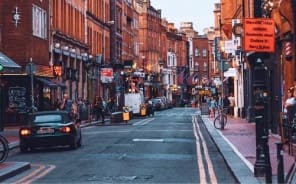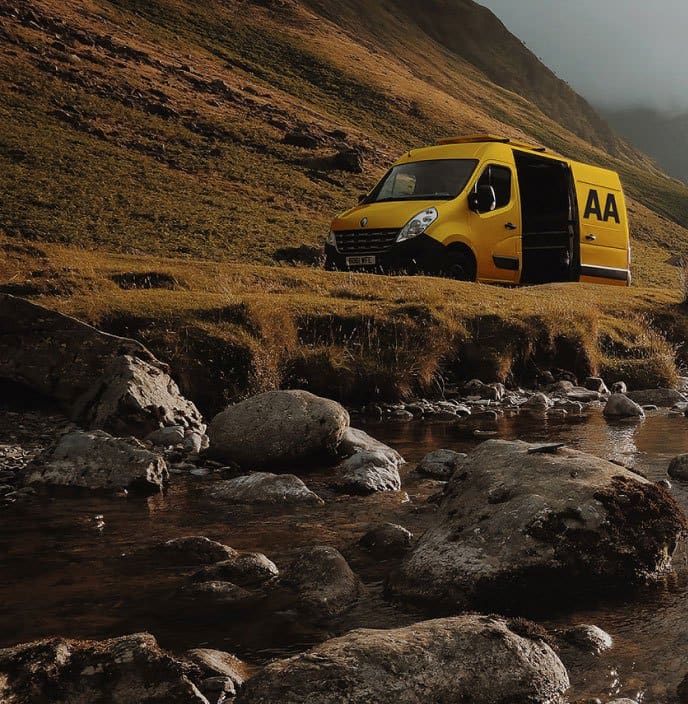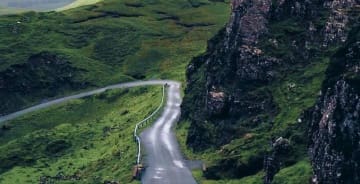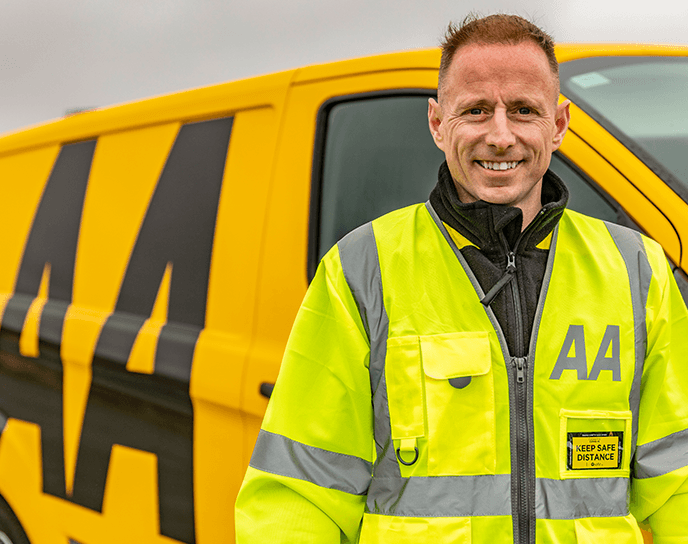Drinking and driving: If the level of alcohol in the bloodstream is 0.05 per cent or more, severe penalties which include fines and withdrawal of a visitor’s driving license can be imposed. For drivers with less than 2 years experience, 0.03% is the maximum permissible level of alcohol permitted in the bloodstream. Severe penalties include imprisonment for non compliance.
Driving licence: The minimum age at which an Irish license holder may drive a temporarily imported car is 18. For motorcycles up to 125cc it is 16years and for 125cc plus it is 18 years. All valid Irish driving licenses should be accepted in Spain.
Fines: On-the-spot fines can be imposed. An official receipt should be obtained. Illegally parked vehicles can be towed away. Wheel clamps are also in use.
Fuel: Unleaded petrol (95 & 98 octane) is available. No leaded petrol is available. Petrol in a can is permitted. Diesel (Gasoleo ‘A’ or Gas-oil) is available
Note: Gasoleo ‘B’ is heating oil only.
LPG is available under the name of “Autogas”, but there are only a few sales outlets at present. For locations please see map on website at www.spainautogas.com. Credit cards are accepted at most filling stations; check with your card issuer for usage in Spain before travel.
Lights: The use of full headlights in built-up areas is prohibited. Dipped headlights must be used in tunnels.
Motorcycles: Use of dipped headlights during the day is compulsory. Wearing of crash helmets is compulsory; this includes trikes and quads unless they are equipped with seat belts.
A child between 7 and 11 years old may be transported as a passenger on a motorcycle driven by his mother, father or authorised person. He / she must wear a helmet suitable for his/her size. Moped drivers under the age of 18 cannot transport passengers. A child under the age of 7 cannot be transported at all.
Motor Insurance: Third-party motor insurance is compulsory.
Passengers/Children in cars: Children up to the age of 12, measuring less than 135 cm must be seated in a child restraint system adapted to their size and weight, except when travelling in a taxi in an urban area. Children measuring more than 135 cm may use an adult seatbelt.
Seat belts: It is compulsory for front / rear seat occupants to wear seat belts, if fitted.
Speed limits: Standard legal limits, which may be varied by signs, for private vehicles without trailers are; 50 km/h in built-up areas: 90 km/h outside built-up areas on 2nd category roads, 100 km/h on 1st category roads and 120 km/h on motorways. (On the March 7th 2011 a temporary reduction in the motorway speed limit of 110km/ph was introduced in a bid to reduce fuel consumption following a period of elevated fuel prices). 80km/h on motorways and dual carriage ways applies in built up areas. The minimum speed on motorways and dual carriageways is 60 km/h. 20kph is applied in some residential zones.
Compulsory equipment in Spain
-
Spare tyre – or tyre repair kit and the equipment to change the tyre
-
Warning triangle – one warning triangle compulsory for foreign registered vehicles but carrying two is recommended as, in an accident/breakdown situation; local officials may impose a fine if only one is produced. Not required for two wheeled vehicles.
-
Reflective jacket – The wearing of reflectorised jacket/waistcoat is compulsory if driver and/or passenger(s) exits vehicle which is immobilised on the carriageway of all motorways and main or busy roads. However, it is not mandatory to carry a reflectorised jacket in the vehicle and Spanish police cannot fine a foreign motorist who does not carry one. Be aware as car hire companies are not under legal obligation to supply them to persons hiring vehicles, so often don’t.
Other rules/requirements in Spain
It is recommended that a driver who wears glasses should carry a spare pair with them if this is noted on your driving license.
Apparatus with a screen which can distract a driver (such as television, video, DVD equipment) should be positioned in places where the driver is unable to see them.
This excludes GPS systems. It is prohibited to touch or program the device unless parked in a safe place.
The use of radar detectors is prohibited, severe penalty for non compliance.
In urban areas it is prohibited to sound the horn at any time, except in an emergency. Lights may be flashed in place of using the horn.
The use of snow chains is recommended in snow weather conditions, police can stop vehicles not fitted with snow chains. Maximum speed when using snow chains is 50 km/h. The winter period is usually from November to March.
The use of spiked tyres is prohibited.
In case of a car towing a caravan/trailer exceeding 12m, there must be two yellow reflectors at the rear of the towed caravan or trailer.
A load may exceed the length of a private vehicle at the rear by up to 10% of its length. The load must be indicated by a panel with diagonal red and white stripes. If you wish to carry bicycles on the rear of your vehicle, you will need a 50 x 50 cm reflectorised panel, which can be brought from most caravan/motor home accessory shops or from www.fiamma.com – they are available in plastic or aluminum.
In some cities in one way streets, vehicles must be parked on the side of the road where houses bear uneven numbers on uneven days of the month, and on the side of even numbers on even days.
Only fully hands-free phone systems are permitted. The use of earpieces or headphones while driving is banned. Failure to comply carries a fine of €200.
Motorists should be aware of contrived incidents. Foreign registered vehicles, especially those towing caravans, and hire cars are often targeted in service areas or tricked in to stopping on the hard shoulder by the occupant of a passing vehicle. They will gesture that something is wrong with the vehicle. Lock all doors and keep bags out of sight. The number of thefts by bogus policemen has increased in Madrid and Catalonia.




